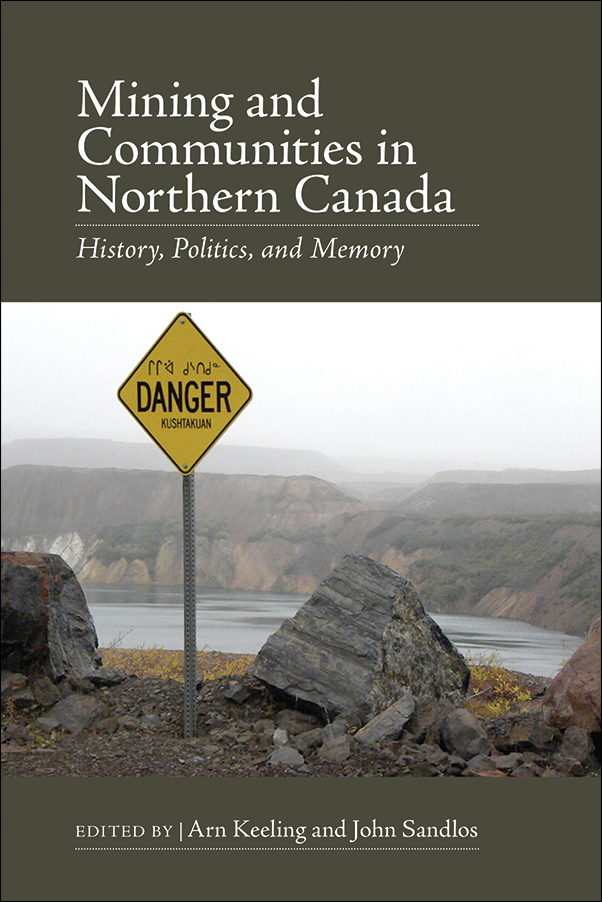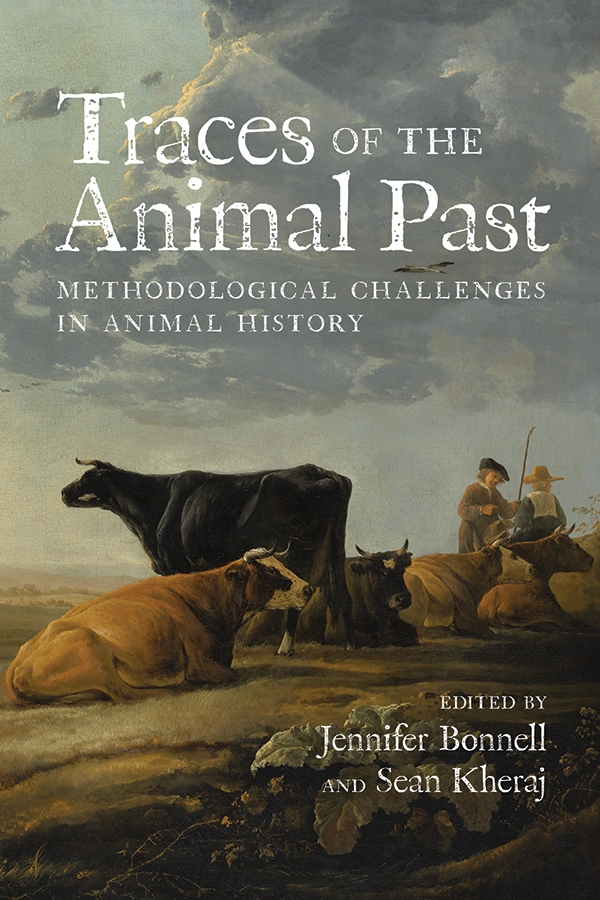
Environmental History Week 2023
Celebrating Environmental History Week with CHE
Environmental History Week is an international celebration of environmental history, organized by environmental historians of all stripes to foster scholarly collaboration, teaching and public engagement with environmental history.
This environmental history week, we’re exploring highlights from the series Canadian History and Environment, produced in partnership with NiCHE Canada.
Launched in 2011 with the publication of A Century of Parks Canada, Canadian History and Environment explores topical issues in history as seen through an environmental lens. CHE books are innovative, interdisciplinary, and often come from the places where cutting-edge scholarship meets community action.
In 2015 the CSN-REC Best Collection in Canadian Studies winner Mining and Communicates in Northern Canada challenged how mining, colonialism, and mostly negative environmental impacts, particularly on northern Indigenous communities, are interlinked. Bringing together intense archival study, oral history research, and a passionate and dedicated group of scholars, this collection set the standard for books published in the series.
For Indigenous communities throughout the globe, mining has been a historical forerunner of colonialism, introducing new, and often disruptive, settlement patterns and economic arrangements. Mining and Communities in Northern Canada examines historical and contemporary social, economic, and environmental impacts of mining on Indigenous communities in Northern Canada. Combining oral history research with intensive archival study, this work juxtaposes the perspectives of government and industry with the perspectives of local communities. The oral history and ethnographic material provides an extremely significant record of local Indigenous perspectives on histories of mining and development in their regions.
Environmental Activism on the Ground expanded the scope of the series to include small scale, local, and Indigenous community activism in the 1960s through the 1980s, an era associated with the “big green” activities of major organizations like the WWF and Greenpeace. Emphasizing the real-world achievements of local and Indigenous activism, this book offered a history of an intimate, community-based environmental movement along with lessons and directions for the activists of today, learned from the ground up.
Drawing upon a wide range of interdisciplinary scholarship to examine small scale, local environmental activism, paying particular attention to Indigenous experiences, Environmental Activism on the Ground illuminates the questions that are central to the ongoing evolution of the environmental movement while reappraising the history and character of late twentieth and early twenty-first environmentalism in Canada, the United States, and beyond. It examines attempts to resist exploitative and damaging resource developments, and the establishment of parks, heritage sites, and protected areas that recognize the indivisibility of cultural and natural resources.
In 2022 Traces of the Animal Past continued the trail blazed by Animal Metropolis, bringing together leading scholars in animal history to confront the more-than-human past. Whether in a large public archive, a small private collection, or the oral histories of living memories, stories of animals are mediated by the humans who have inscribed the records and organized archival collections. In oral histories, the place of animals in the past are further refracted by the frailty of human memory and recollection. Yet understanding the relationships between humans and animals is essential to a full understanding of our present and past as, across the humanities and social sciences, researches have embraced the ‘animal turn,’ a multi-species approach to scholarship.
Showcasing the innovative methods used by animal historians to discover and explain how animals fit into our collective histories, the difficulties in researching animal histories in human-centric archives and records, and presenting new approaches and new directions for a maturing field of historic inquiry, Traces of the Animal Past continues to forward knowledge in the CHE spirit.


